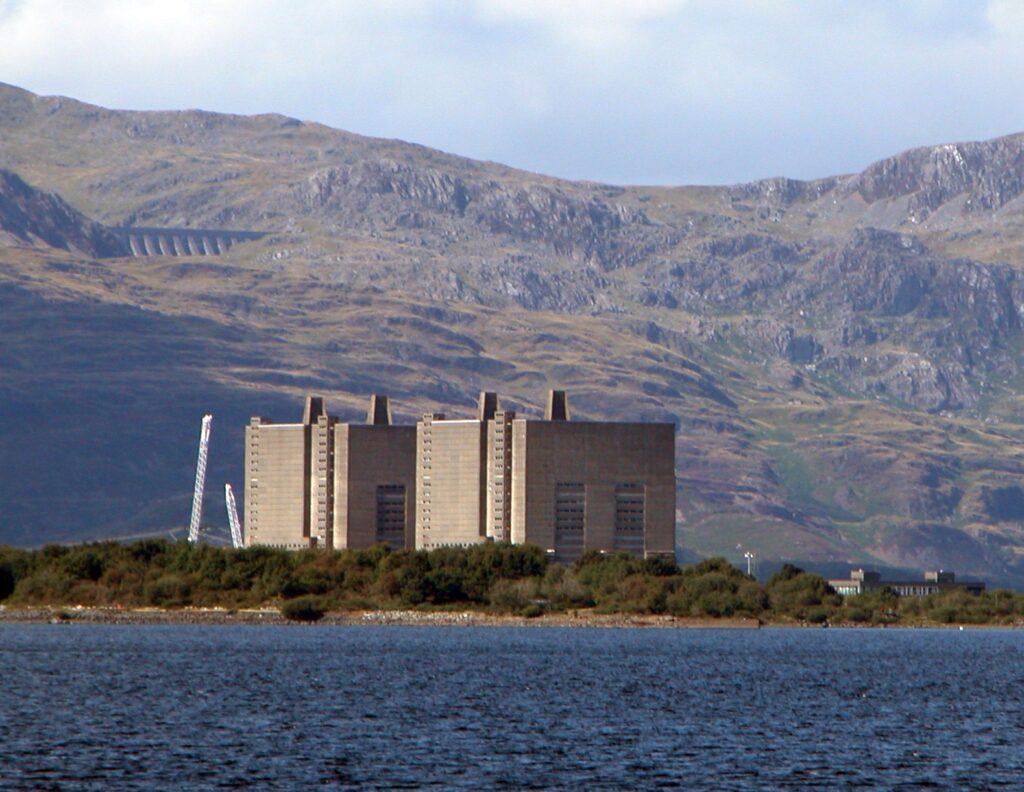Cryptocurrencies. Bitcoin. Love them or hate them, they are here to stay. It’s time to optimise for their impact on the environment.
Written by David Watson
April 26, 2019
One of the most powerful arguments I have seen against cryptocurrencies is the energy they consume. The Economist put together a great explainer as to why cryptocurrencies consume so much energy, particularly during mining.
By mid-2018, the Economist was reporting an annual energy consumption for bitcoin alone of 22 terawatt-hours (TWh), which was already larger than the electricity consumption of a country like Ireland (for reference, the electricity generation for a mid-sized country like the UK was 336 TWh in 2017).
Over the last two years an entire academic discipline has grown up around measuring the impact of cryptos, especially bitcoin, on the environment. The first real-time attempt at estimating bitcoin energy consumption can be found at Digiconomist, where they also include criticism of their methodology as well as links to peer-reviewed papers that validate it.

Here’s some headline figures from Digiconomist:
- Bitcoin’s annual energy consumption just under 50 TWh.
- Bitcoin energy consumption is the same as that of 4.5 million US households
- Bitcoin energy consumption right now is about the same as that of Singapore.
- Bitcoin annual carbon footprint: 23 mega-tonnes of CO2. *
- Less popular cryptos have a smaller impact, with second-place ethereum energy consumption equivalent to 850,000 US homes.
* For reference, annual UK carbon footprint was 847 mega-tonnes in 2015.
That’s a whole lot of carbon. An article in Nature even suggested bitcoin alone could push us above 2 degrees Celsius of global warming! The carbon footprint of bitcoin and other cryptomining is exacerbated by the fact that most cryptomining occurs in China, a country highly-dependent on coal to generate its electricity.


If bitcoin is here to stay, what can be done to reduce its impact on the climate?
It’s all about where you get your electricity from. If server farms are powered from clean energy sources, then their carbon footprint can be drastically reduced. Let’s pretend I own a server farm in China and want to reduce my carbon footprint but still have access to electricity at a fair price. What are my options?
Note: Electricity prices are for non-households, as I assume I’m mining at scale rather than in my garage.
Option 1: China (Baseline)— Carbon intensity: ~700gCO2/kWh, Price: 4 US cents/kWh
If I stick in China my emissions are high but the electricity is the cheapest out of pretty much all the industrial economies.
Option 2. Germany — Carbon intensity: ~400 gCO2/kWh, Price: 17 US cents/kWh
Germany has a lot of renewables that help bring its emissions down. However, the country still uses a lot of dirty coal to back them up when the weather isn’t favorable, so moving our servers here would only reduce our carbon footprint by around 1/3. Germany’s renewable energy transition (which so far has cost over €580 billion) has also made the cost of its electricity about four times more expensive than in China, which is going to wipe out my margin…Next!

Option 3. France — Carbon intensity: ~65 gCO2/kWh, Price: 10 US cents/kWh
Things are looking better if I move my servers to France. Here I get electricity with a carbon footprint ten times less than China! This is thanks in large part to the country’s nuclear power plant fleet, which provides clean electricity no matter what the weather or time of day. The electricity here is cheap for a rich country but still twice as expensive as China. Can we do better?
Option 4. Sweden — Carbon intensity: ~13 to 50 gCO2/kWh, Price: 7.4 US cents/kWh
Now we’re talking! Sweden has all but eliminated the need for fossil fuel plants by substituting them with a mix of large hydro and nuclear, leaving them with electricity that’s even lower carbon than France’s. With the cheapest electricity of any EU country we’ll also pay only slightly more for our energy than in China. I think we have a winner!

But how do we get the cryptominers to move to Sweden?
I didn’t say I had all the answers! At the moment there’s nothing to make miners move to a low-carbon country (or to buy energy from nuclear or renewables in China). But perhaps there’s a blockchain solution to all this…Could we create a new token that records the country location and therefore the carbon intensity of each mined bitcoin? The lower the carbon intensity of your mining, the more new tokens you receive? Your answers and ideas below or tweeted to @Gen_Atomic!



